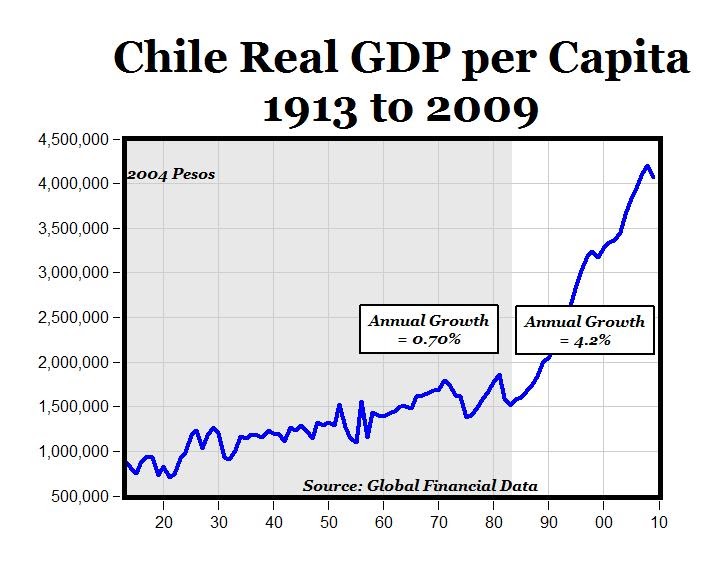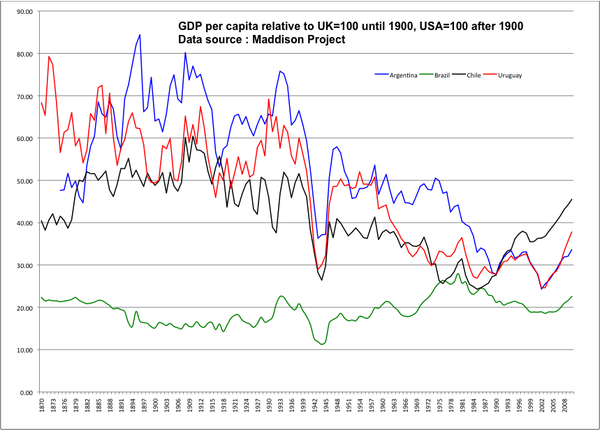Because you have to cross one of the most difficult terrains in the world, far of any supply lines, up to the Second highest, The widest and THE longest mountain range in the world, into a cold rainy jungle, in a territory dominated by an enemy with more than 300 years of experience in war against European stile armies, and Because the Mapuches Killed them?
Really read about the Arauco War, that to a point, is a still ongoing conflict
So the OTL Argentines couldn't just sail through the Beagle Channel or the Strait of Magellan to get to Mapuche country? Then again, the new Chilean settlement of Punta Arenas is on that route (on the Strait of Magellan anyway), so maybe then and there not viable either.
Now I'm starting to realize, that the Mapuche attacks, raids, malones, etc. weren't simply indigenous attacks on expanding Europeans the way that the Maori or black South African or Sioux/Comanche/Apache attacks were, no matter how fierce or defensive those latter tribes were - the Mapuche attacks were, in a way, indirect attacks by no less than a whole European-established country like Chile. In other words, the Mapuches are attacking not just on their own behalf but on Chile's behalf as a whole, if only to try to advance Chilean claims on the southern Pampas, Patagonia, etc.
On a slightly different note, some posters on this thread were saying that the rebellions and other attacks on the British would have been the ATL parallel of the OTL Argentine Civil Wars. If so, would the Spanish-speaking people (whether in Buenos Aires or in Chile/Bolivia/Paraguay) be to the British what the OTL Federalists were to the OTL Unitarists, or the OTL provinces be to OTL Buenos Aires, or would it have been a little different?


